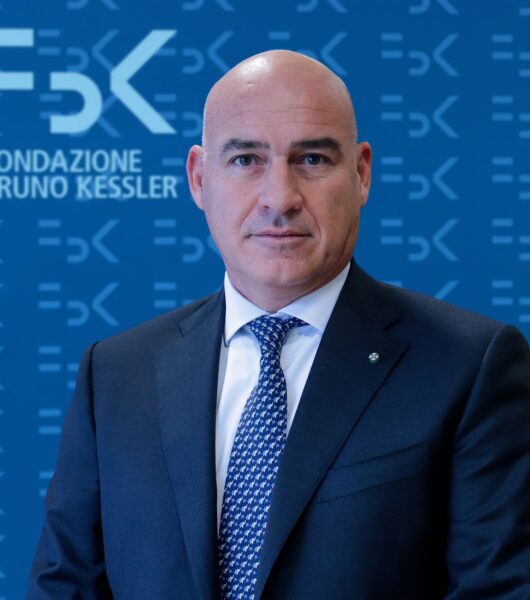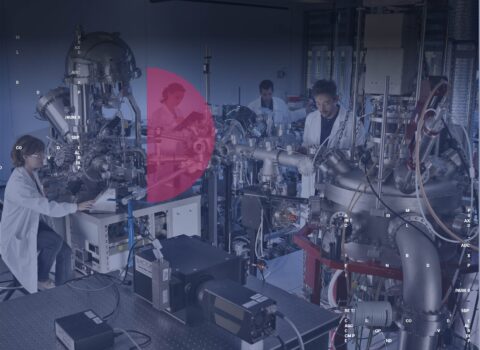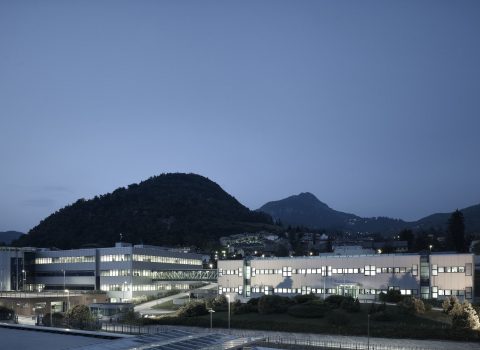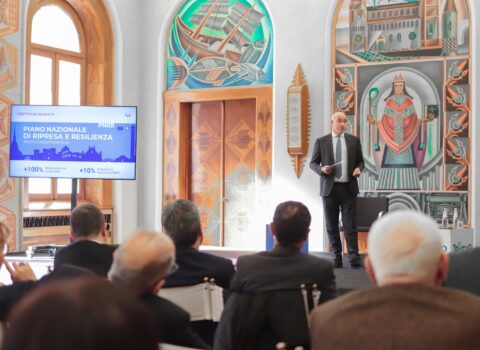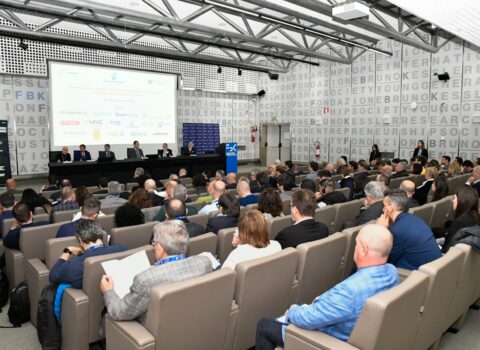
The role of new nuclear power technology in Italy’s energy transition: President Resta at the Cernobbio forum
He took part in the presentation of the new study by Edison, Ansaldo Nucleare and Teha Group during the 50th Teha forum in Cernobbio
How much energy is consumed annually in Italy? How is it produced and what would the consequences of greater energy autonomy be?
Teha’s 50th Forum “Lo Scenario di oggi e di domani per le strategie competitive” (Today’s and Tomorrow’s Scenario for Competitive Strategies) in Cernobbio saw a discussion on the crucial role of new nuclear power in Italy’s energy transition as shown in a joint study conducted by Edison, Ansaldo Nucleare and Teha Group. This study, entitled “The New Nuclear Power in Italy for Citizens and Businesses: the Role for Decarbonization, Energy Security and Competitiveness,” was presented at a press conference attended by leading figures in the energy sector, including Ferruccio Resta, Fondazione Bruno Kessler’s President.
The new generation nuclear power, represented by Small and Advanced Modular Reactors, stands out for its advantages in energy security and flexibility over traditional nuclear technologies.
Newest nuclear power is not only a crucial resource for energy transition, but also an opportunity to revitalize the Italian industrial sector. Resta highlighted that Italy, with its strong industrial and research base, is well positioned to take a leading role in the development of this technology. In fact, the study identified 70 Italian companies specializing in the nuclear sector that could directly benefit from the development of new nuclear power. According to estimates, this could generate an economic impact of more than 50 billion euros by 2050 and create about 117,000 new jobs.
For Resta, the latest nuclear power technology is key to achieving decarbonization goals by 2050, but it is not the only solution. An integrated approach including renewable energy sources and other innovative technologies is needed to ensure a secure and sustainable energy future. Italy, thanks to its industrial expertise, is uniquely positioned to take advantage of these opportunities and strengthen its role in the European energy landscape.
The study presented at the Cernobbio forum highlighted how integrating new nuclear power technology with renewable energy sources can be an optimal solution to ensure a safe and competitive energy transition. In particular, Europe has already begun to actively promote the development of new nuclear power technology, including it among the key technologies of the Net Zero Industry Act. Italy has also joined the European Industrial Alliance on SMRs, demonstrating its willingness to participate in the European program for the development of these new nuclear technologies.
Ferruccio Resta‘s contribution – along with that of other leading figures who presented the study such as Valerio De Molli, managing partner and ceo of The European House – Ambrosetti and Teha Group, Nicola Monti, managing director at Edison, and Daniela Gentile, managing director at Ansaldo Nucleare – stressed the need for a medium- to long-term industrial plan to maximize the benefits of new nuclear power in Italy. This plan should include actions to strengthen the supply chain, development of the necessary skills, and a regulatory framework that will facilitate licensing and permitting of new nuclear plants.


